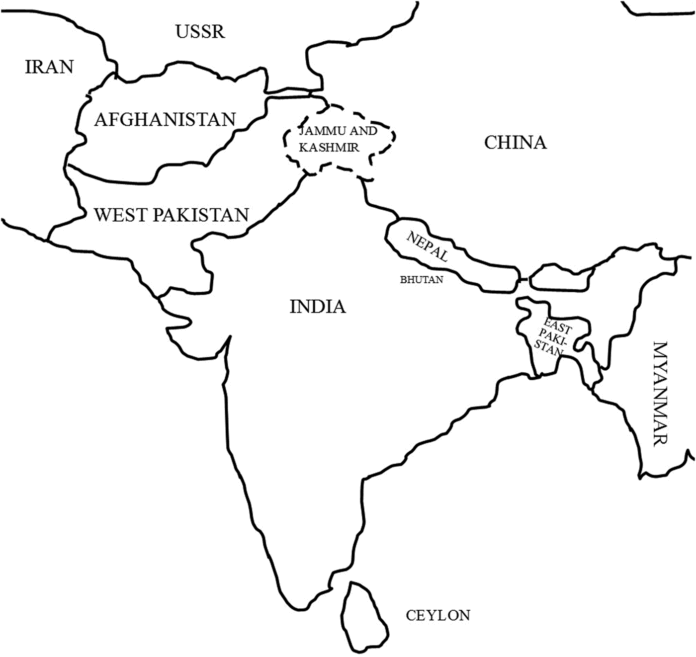Authors: Stuti Bhatnagar and Zahid Shahab Ahmed
Affiliation: Stuti Bhatnagar is an Adjunct fellow at the University of Adelaide, and Zahid Shahab Ahmed is a Research fellow at Deakin University, Australia.
Organization/Publisher: Australian Journal of International Affairs
Date/Place: July 2020/Australia
Type of Literature: Journal Article
Number of Pages: 21
Link: https://www.tandfonline.com/doi/full/10.1080/10357718.2020.1793896
Keywords: Landlocked States, Geopolitics, Afghanistan, Nepal, India, Pakistan
Brief:
This article highlights the territorial demarcation of Afghanistan, Bhutan, and Nepal as a product of the colonial era that had served as buffer zones. The authors identify how such landlocked countries have been dependent on their coastal neighbors for economic development. This paper highlights the geopolitical formation of these landlocked countries based on the interests of colonial powers. Although (due to the geopolitical transformation) Afghanistan and Nepal were able to resist and manage the balance of relations beyond their coastal neighbors, the foreign policy choices of these landlocked countries were influenced by their trade dependencies. Specifically, the coastal neighbors have used their economic partnership to bolster their own strategic and political positions. India and Pakistan as coastal states had a similar foreign policy aimed at exploiting the geographical limitations of their dependent landlocked neighbors. Despite India and Pakistan practicing different degrees of control, their policy imperatives on the foreign and domestic affairs of their landlocked neighbors often intersect with each other.
By: Abdullah Jurat, CIGA Senior Research Associate




